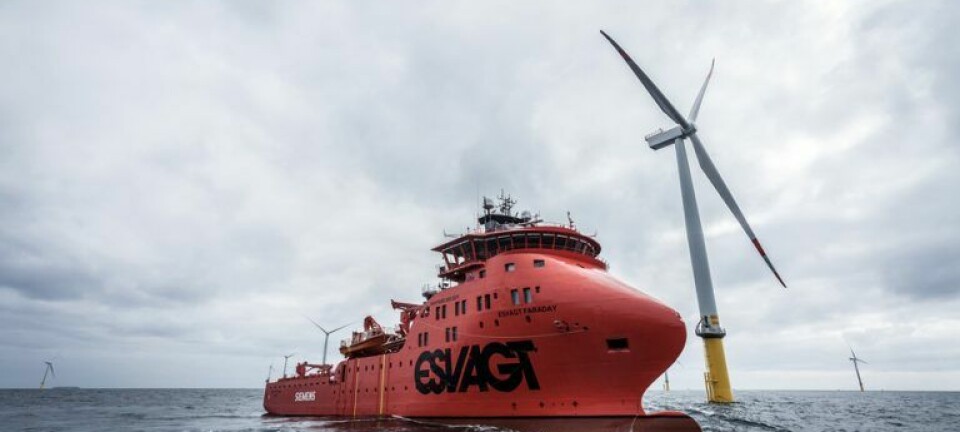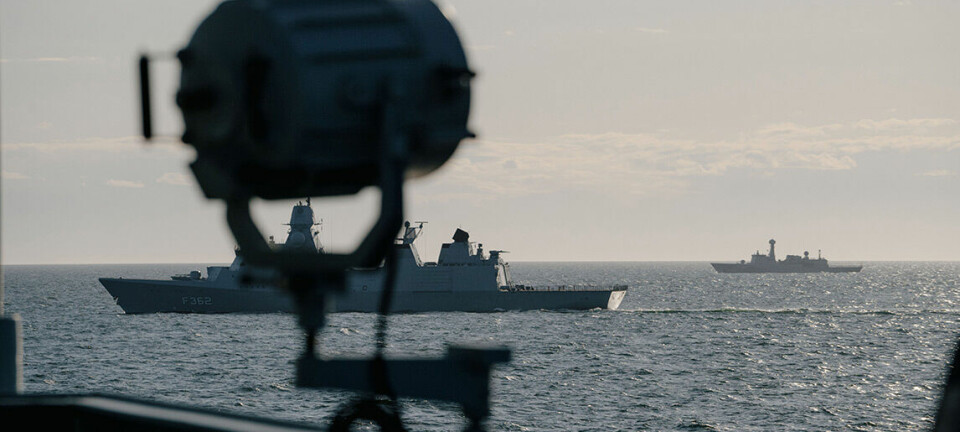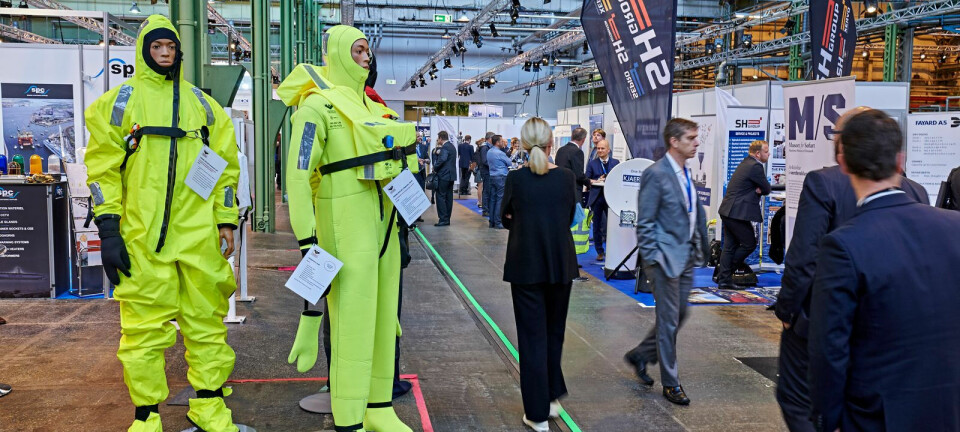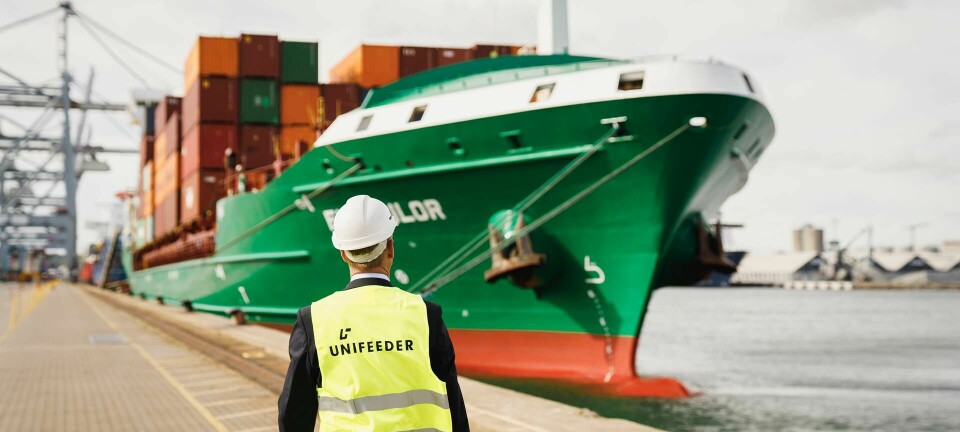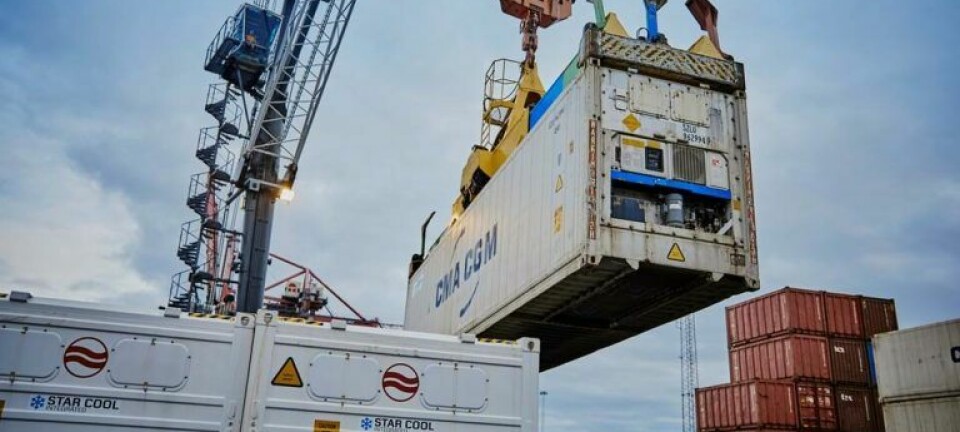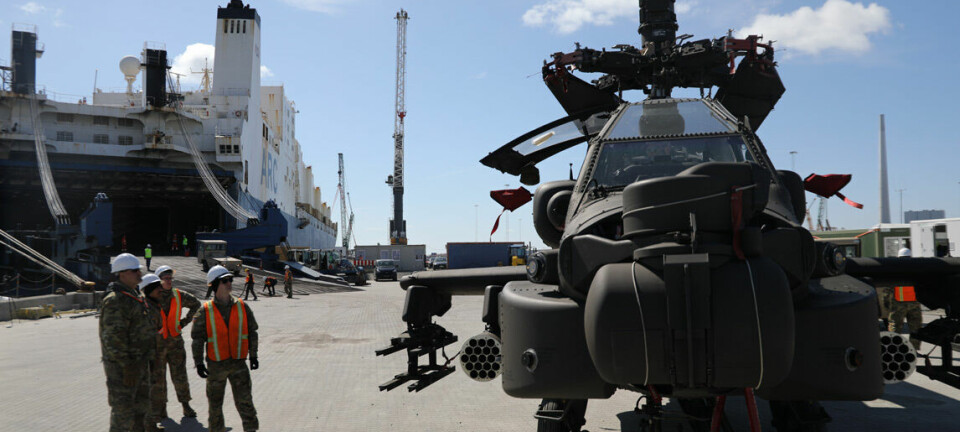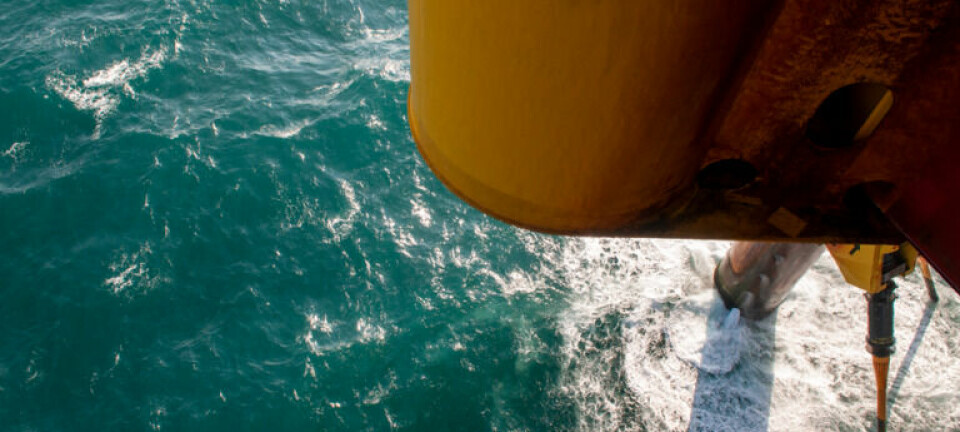US-Canada transport departments team up on climate change
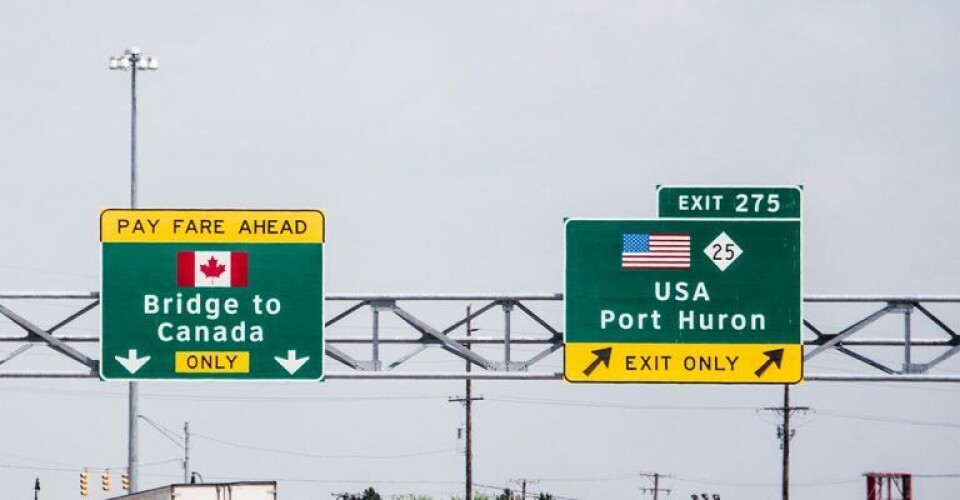
The US Department of Transportation and Transport Canada released a transportation and climate change plan as apart of a new bilateral agreement between Washington, DC, and Ottawa.
By Michael McGrady, Maritime Direct Americas & Pacific Correspondent
WASHINGTON — On Feb. 23, US President Joe Biden and Canadian Prime Minister Justin Trudeau announced a brand new bilateral agreement to improve the US and Canada diplomatic relationship.
“It is in the shared interest of the United States and Canada to revitalize and expand our historic alliance and steadfast friendship to overcome the daunting challenges of today and realize the full potential of the relationship into the future,” Biden and Trudeau said in a joint statement released by The White House press office.
“The Roadmap for a Renewed U.S.-Canada Partnership announced today establishes a blueprint for an ambitious and whole-of-government effort against the COVID-19 pandemic and in support of our mutual prosperity,” adds both heads of government.
Secretary of Transportation Peter Buttigieg and Transport Minister Omar Alghabra PC MP also issued a joint statement supporting the roadmap, recognizing the two agencies’ efforts to address many transit-related issues.
“A healthy environment and economy support the goals of both countries to ‘build back better’ from the COVID-19 pandemic, and leverage actions at the state, provincial, territorial and local levels,” says the two transportation heads.
Concerning the maritime sector, the roadmap focuses on the two countries standing up for their shared coastlines in international forums like the International Maritime Organization (IMO).
Before the IMO, Buttigieg, and Alghabra intend to push for joint resolutions and changes in achieving the UN agency’s green-house emissions reduction target by 2050.
“We will continue to support the development of green transport infrastructure along the border, including in our management of the Great Lakes and St. Lawrence Seaway for maritime navigation,” both said. “We will work to advance [a] cleaner, sustainable and renewable fuels for shipping.”
Both add: “We are dedicated to working with the IMO to effectively implement the ban on the use and carriage of heavy fuel oil (HFO) as fuel in the Arctic. We also look forward to exploring how we might address and support the transportation infrastructure needs of Arctic and Northern communities, such as safety, climate change, and fostering socio-economic opportunities.”


